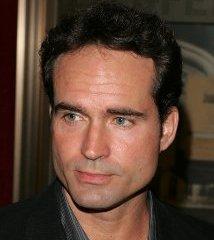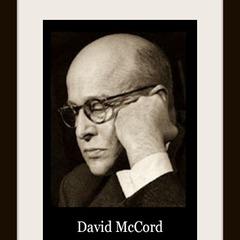Equal Quotes - Page 6
Maria W. Stewart, Marilyn Richardson (1987). “Maria W. Stewart, America's First Black Woman Political Writer: Essays and Speeches”, p.9, Indiana University Press
It is bad to be oppressed by a minority, but it is worse to be oppressed by a majority.
Lord Acton (2016). “The History of Freedom: Great Event”, p.9, VM eBooks
Jane Addams (2012). “Twenty Years at Hull-House: With Autobiographical Notes”, p.76, Courier Corporation
Roosevelt, Franklin D. (1938). “Public Papers of the Presidents of the United States: F.D. Roosevelt, 1936, Volume 5”, p.525, Best Books on
Speech Accepting the Republican Presidential Nomination, delivered 16 July 1964, San Francisco
Maria W. Stewart (1879). “Meditations from the Pen of Mrs. Maria W. Stewart: (Widow of the Late James W. Stewart) Now Matron of the Freedman's Hospital, and Presented in 1832 to the First African Baptist Church and Society of Boston, Mass”
Elizabeth Cady Stanton, Harriot (Stanton). Blatch (Mrs) (1922). “Elizabeth Cady Stanton as revealed in her letters, diary and reminiscences”
Speech, 28 May 1794, in E. A. Bond (ed.) 'Speeches...in the Trial of Warren Hastings' (1859) vol. 4, p. 377
Pope Leo XIII (1990). “A Light in the Heavens: Great Encyclical Letters of Pope Leo XIII”, p.149, TAN Books
Song: Same Love
A state that does not educate and train women is like a man who only trains his right arm.
Jostein Gaarder (2010). “Sophie's World”, p.86, Hachette UK
Equality may be a right, but no power on earth can convert it into fact.
"La Duchesse de Langeais". Essay by Honore de Balzac (1834), published in "Oeuvres completes de H. de Balzac" ("Complete works of Balzac") published by A. Houssiaux (Part II, pp. 111-235), translated by Ellen Marriage, 1855.







